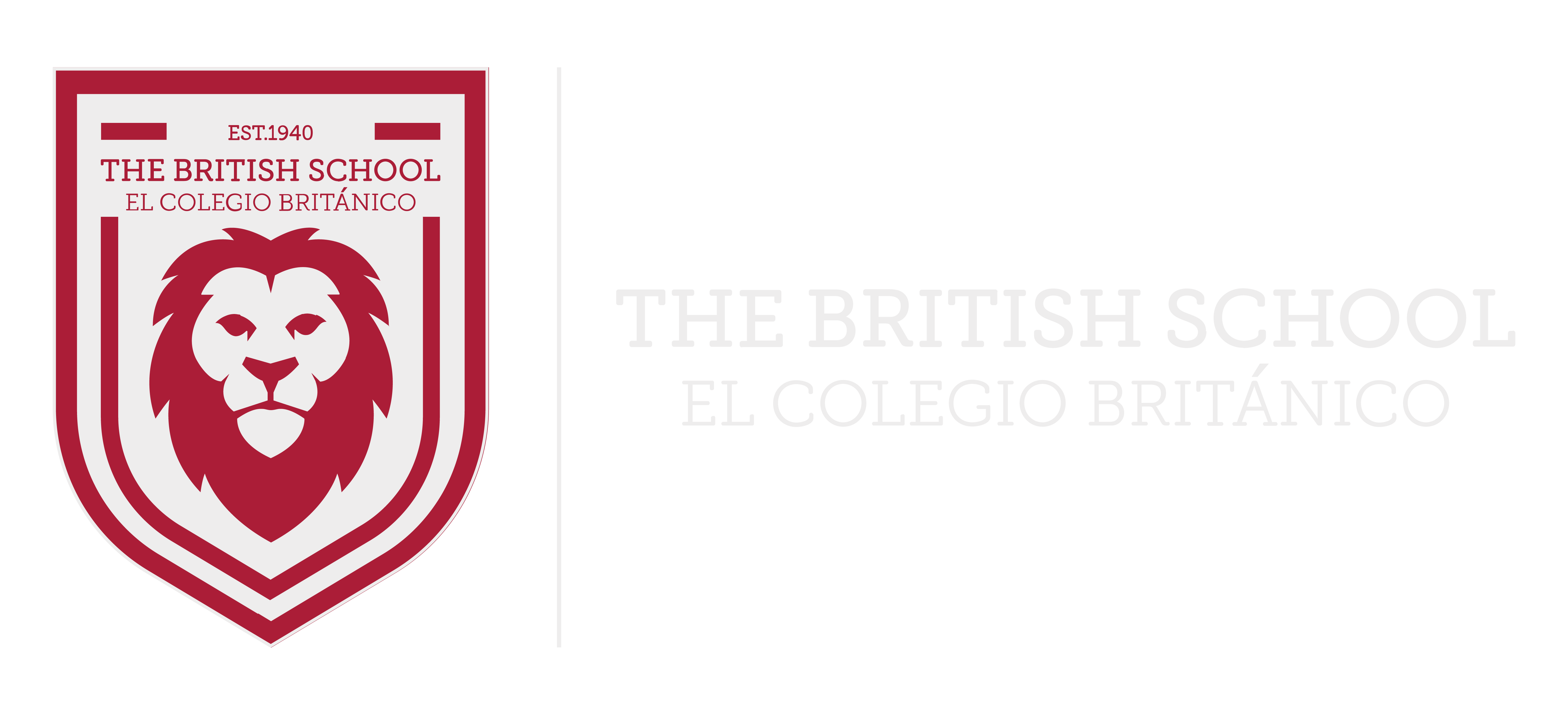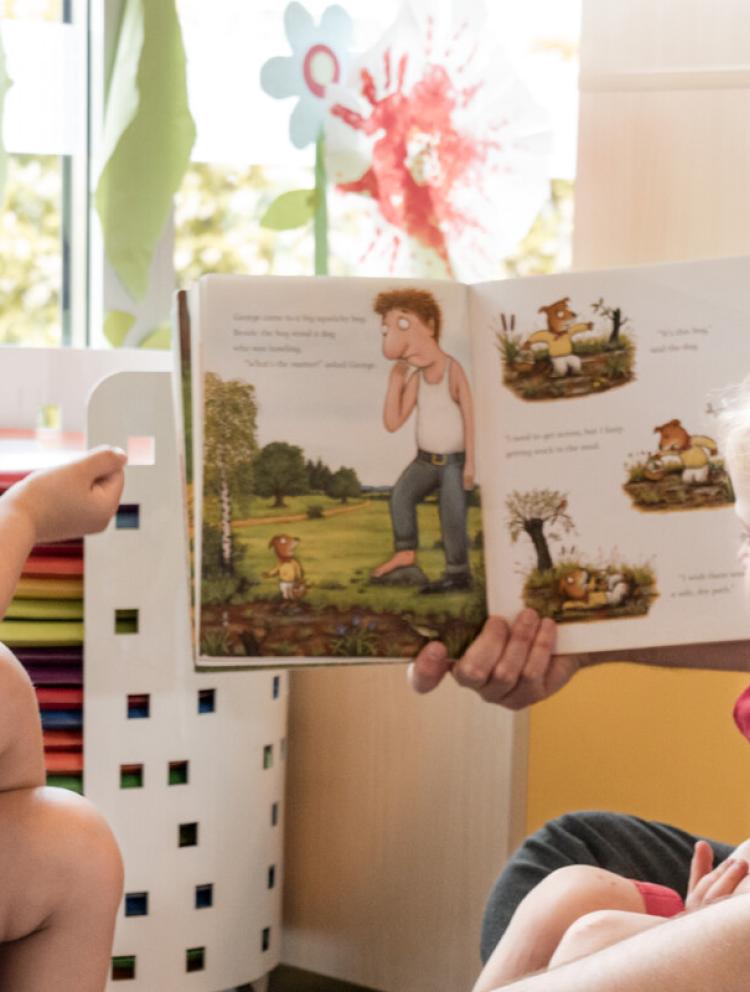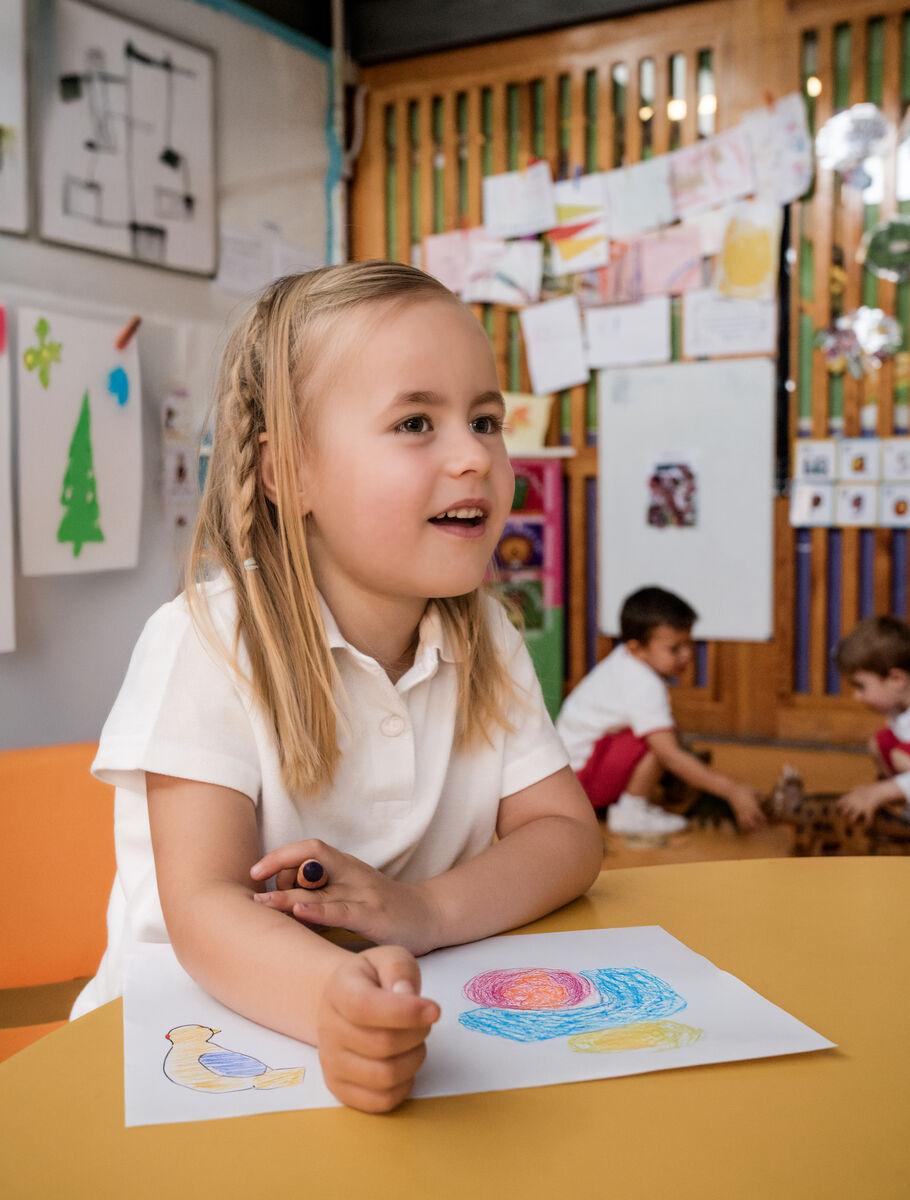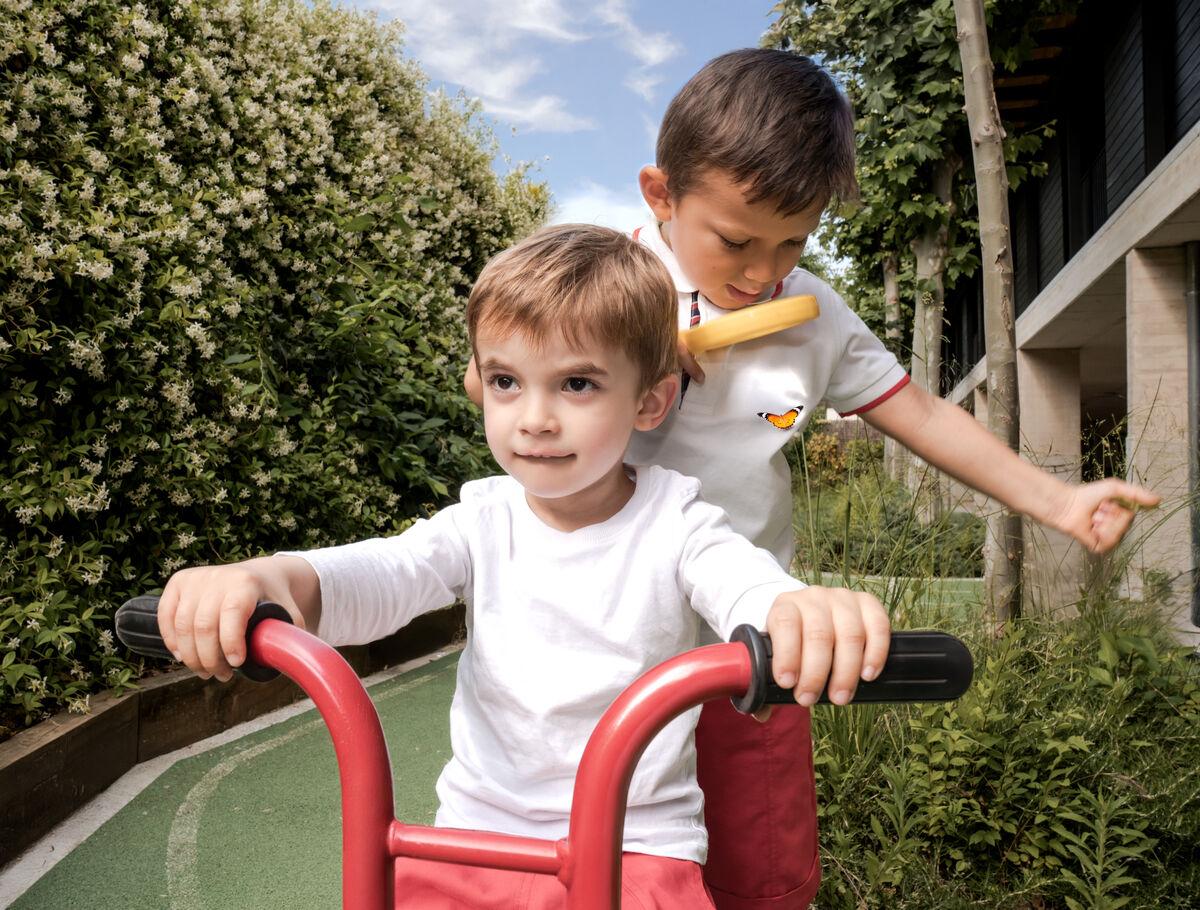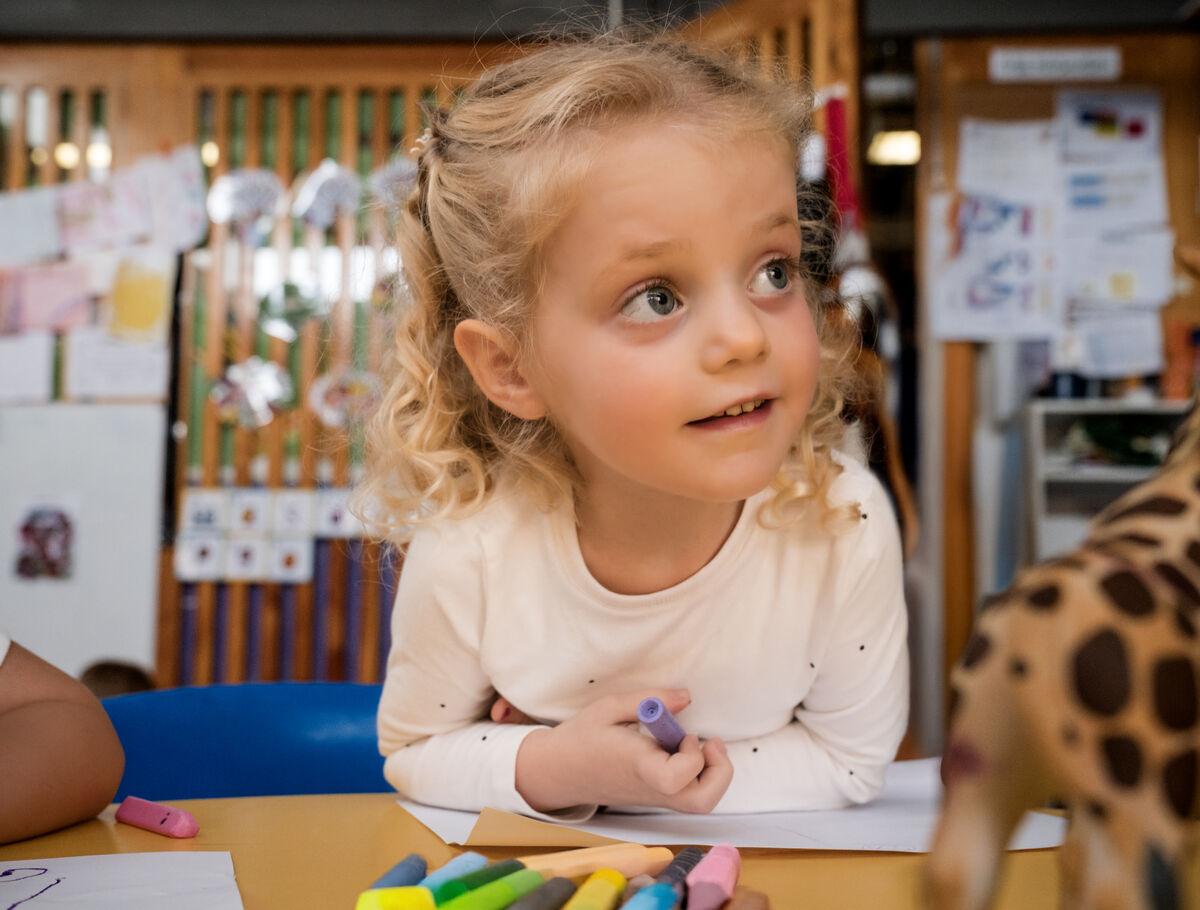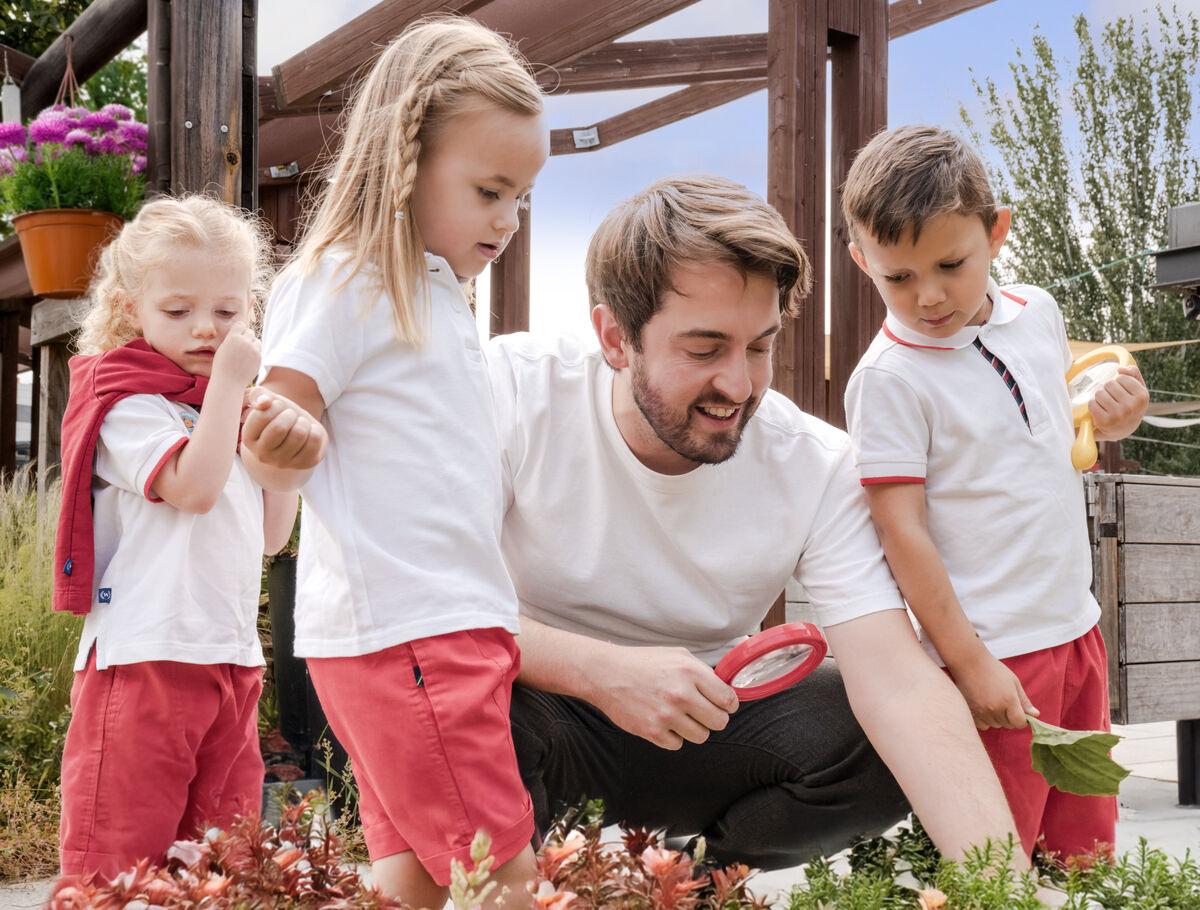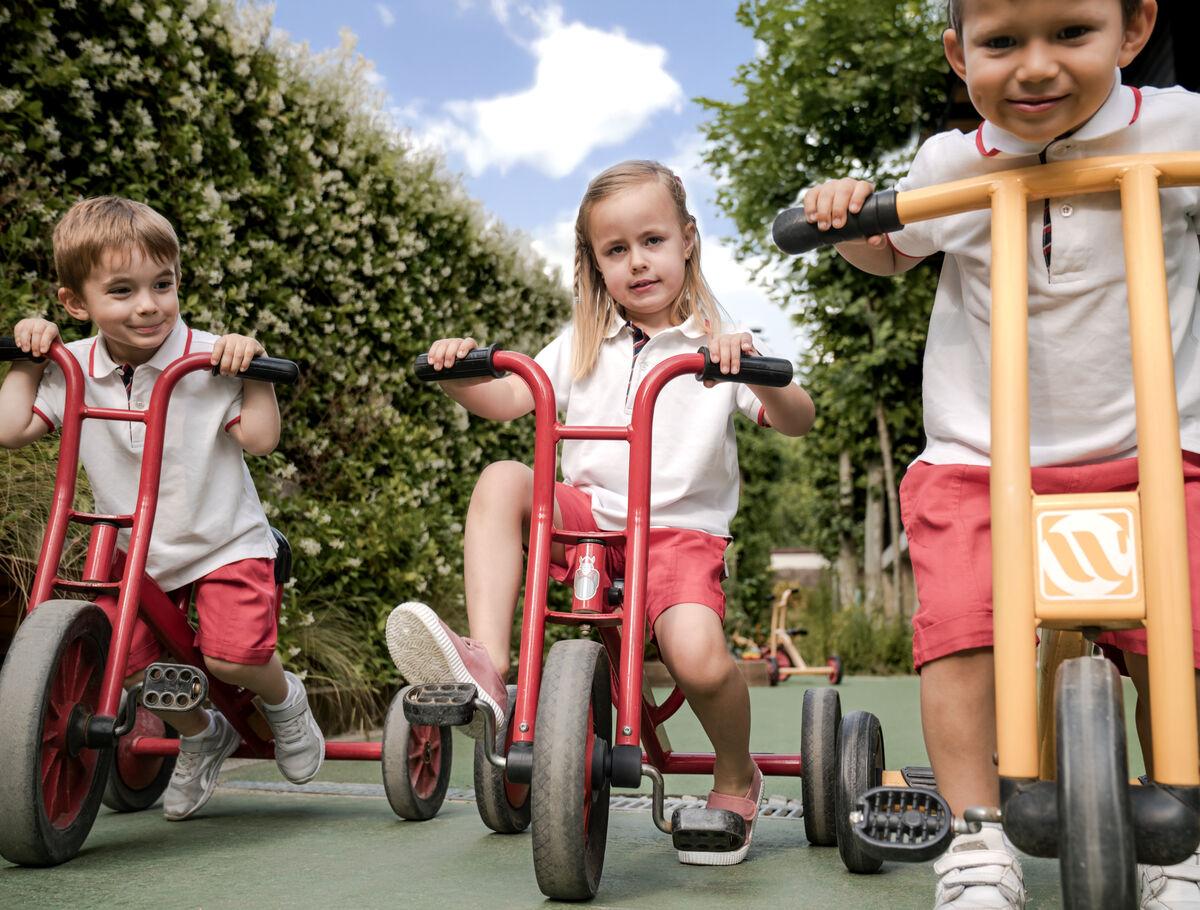The Importance of Play in Child Development
Play is fundamental to whole-child development because it is the means through which children experience and understand life. That is why our Early Years programme focuses on providing your child with a safe, friendly and stimulating environment which welcomes them to play.
How is this achieved? Our classrooms are specifically designed for children to invent, explore and discover. ‘Open-ended play’ allows children free and creative expression through activities which encourage teamwork and negotiation, among other life skills.
